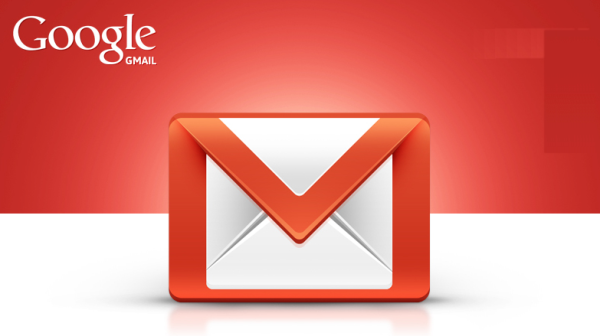Google's email service Gmail plans to develop some intriguing security features and will warn email clients about unencrypted communication. Gmail mentioned on its official blog that will available within three months, the new features will warn on majority of the Gmail clients. The new segments will indicate clients that they get an email from non-gmail clients and those messages are unencrypted.
After NSA's snooping occurrences became exposed, encoded email and interchanges by means of different applications have been popular. The messages sent through Gmail are as of now encoded and individuals utilizing Gmail as their email supplier won't see any change.
According to the information gave by Google, Gmail clients at present get almost 61 percent of their messages from non-gmail clients as encoded. The data with respect to new security features was shared by Elie Bursztein, Anti-Fraud and Abuse Research and Nicolas Lidzborski, Gmail Security Engineering Lead.
Gmail architects have nearly worked with the University of Michigan, and the University of Illinois scientists to enhance security highlights on Google's email administration. Google now furnishes free email accounts with 15GB space. Gmail now offers solid security settings for clients. Gmail additionally offers an extremely successful spam channel which has decreased the inconvenience of erasing undesirable and special messages.
Google said, "We're continually attempting to make email more secure for everybody. These endeavors are reflected in security assurances like default HTTPS in Gmail and additionally our Safer Email Transparency report, which incorporates data about email security past just Gmail."
Initially, we discovered locales of the Internet effectively tampering to avoid message encryption with solicitations to start SSL associations. To alleviate this assault, we are working intimately with accomplices through the business affiliation M3AAWG to reinforce "opportunistic TLS" utilizing innovations that we spearheaded with Chrome to ensure sites against capture attempt.
And the Second one, they revealed malicious DNS servers distributed false directing results to email servers searching for Gmail. These servers are similar to phone catalogs that purposefully rundown misdirection telephone numbers for a given name. While this sort of attack is uncommon, it's extremely worried as it could let attackers to edit or change messages before they are transferred to the email beneficiary.


